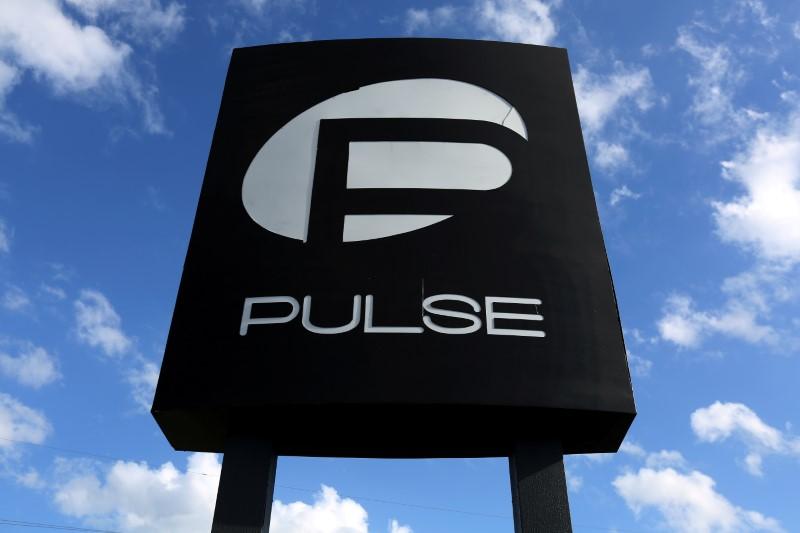“Sticks and stones may break my bones but words will hardly faze me,” an old English children’s rhyme persuades a victim of name-calling to ignore the taunt and to remain calm and good-natured. Words, are, after all, just words. And words contain a myriad of associations and interpretations, though none on the spectrum is likely lethal.
The “C” word, or cancer, disquieting to mention—especially when it afflicts a person close to one’s heart—without ceremony jars the realization that what is supposed to happen to somebody else can happen to oneself, too. Whether “cancer” or by any other name—carcinoma, melanoma, sarcoma, et al.—the writing on the wall sounds the penultimate image of dread.






